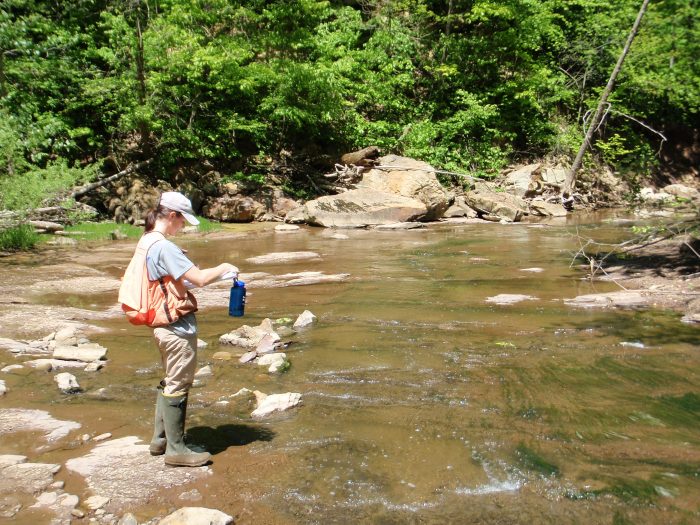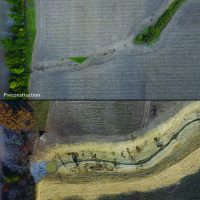
On January 23, 2020, the USEPA released a prepublication version of the Navigable Waters Protection Rule. This rule updates the definitions of waters (wetlands, streams, rivers, lakes, and ponds) that are subject to federal regulation and which waters are exempt, clearly delineating where federal regulations apply. This will give state and local authorities more flexibility to determine how best to manage waters within their borders.
The USEPA claims that the revisions will eliminate confusion many farmers, landowners, and businesses had with the Obama-era “Waters of the United States” ruling. The clarifications will make the laws easier to navigate, eliminating the often-exercised option of hiring an attorney to help determine the status of waterways on their land. Industry representatives and Republicans support the changes, with USEPA Administrator Andrew Wheeler stating, “our new Navigable Waters Protection Rule strikes the proper balance between Washington and the states in managing land and water resources while protecting our nation’s navigable waters, and it does so within the authority Congress provided.”
As with all previous rules regarding this complex issue, this latest version is contentious. Democrats and conservation groups have spoken out against the ruling, citing that the large rollbacks concerning smaller tributaries and wetlands, by removing federal pollution protections for isolated wetlands and streams that don’t flow year-round, will have a direct and negative impact on drinking water for Ohio and other states. Environmental groups are calling it a “major setback” for maintaining the chemical, physical, and biological integrity of the nation’s waters.
EnviroScience wetland biologists have been following this issue closely and are available to discuss how this upcoming change in federal regulations could affect your projects. We have prepared and submitted hundreds of permit applications and can use our decades of experience to help you navigate the complexities of federal and state regulations.
Visit the USEPA website to read the official prepublication and other information.



